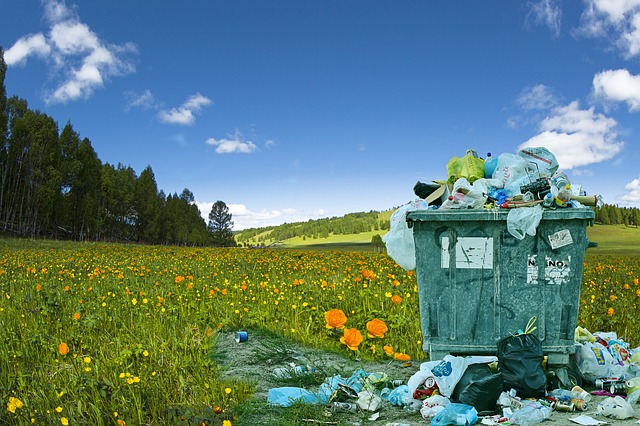
Zero waste lifestyle
by sunil sharma
A study published in the Science Advances peer-reviewed journal in 2017 found a whopping 91 percent of plastic in the world doesn't get recycled, and around 79 percent makes its way to landfills or other parts of the environment. If those recycling and consumption rates continue, around 12,000 metric tons of plastic waste will crowd landfills by 2050, researchers estimate. Any way you can cut down will ultimately help.
Why does zero waste matter?
When you throw things away they go into landfill, one big giant hole in the ground. Where they rest there, forever. They don’t decompose magically, because more stuff is dumped on top of it, not allowing any air to circulate. Instead methane and carbon dioxide gases are emitted and released into the atmosphere, contributing to our global warming crisis. Which in turn has effects on our oceans causing coral bleaching, rising sea temperatures and melting the ice caps, just to name a few. Additionally, toxic chemicals from landfills are leached into the soil, contaminating our oceans.
Zero waste is good for the environment, which obviously has health advantages for us all. But on the individual level, there are some bonuses, as long as the stress of getting to level zero doesn’t negate all the benefits.
It's about changing our perspective. Changing how we feel about consumption and how we value the things we bring into our lives.
Coming to terms with the amount of harmful waste you produce on a daily basis can be seriously overwhelming, so the key is to start small and work toward achieving your larger sustainability goals.
Zero waste living is not easy. It's a challenge.Try doing one small thing, like bringing your own mug to Starbucks, giving a jar a second life.
Though many items you already own can be reused for zero waste purposes, you can also cut out disposable products by investing in long-lasting replacements. Here are some essentials.
Reusable water bottle
Plastic bottles should be among the first things to go in a zero waste lifestyle. In 2017, The Guardian reported that one million plastic bottles are purchased around the world every minute. If consumers don't cut down, that insanely high number could increase another 20 percent by 2021.
Reusable straws and utensils
Eliminating single-use plastic straws is a must .Use reusable straws made from bamboo, stainless steel, glass, and silicone. Same goes for utensils.
Handkerchiefs
Follow the lead of older generations and keep a few handkerchiefs handy. These useful pieces of cloth are easy to make, and they're great for wiping your nose mouth and hand, eliminating the waste of tissues and napkins.
Do the best you can and start small. Small actions done by hundreds of people add up to massive impact. Have patience and have fun!

sunil sharma
sunil sharma is a blogger, yogi, designer, engineer and humanitarian.